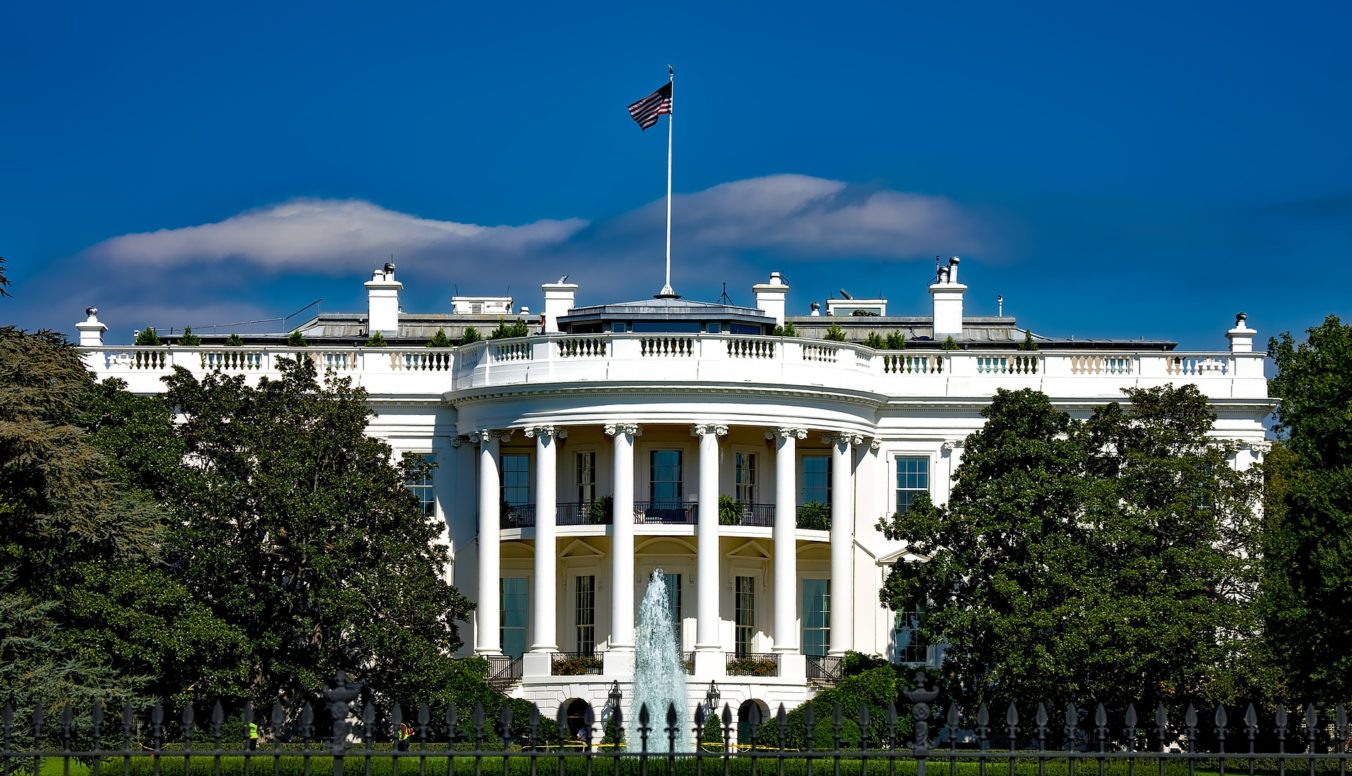The month of May brought us another climate-related executive order, stating it is the administration’s policy “to advance consistent, clear, intelligible, comparable, and accurate disclosure of climate-related financial risk…including both physical and transition risks.”[1]
This latest order specifically directs financial market regulators to assess climate risks, including how they impact the financial stability of the government and the financial system in the United States. Treasury Secretary Janet Yellen, who leads the Financial Stability Oversight Council (FSOC), will convene other agencies, including the SEC, to deliver a report by November. Public and private company disclosures could be impacted by any changes.
Climate disclosures and related regulation have been increasing around the world and are seen as critical to improving capital allocation decisions. S&P recently reported that “data shows that the five largest U.S. public banks reduced their exposure to energy and utilities in 2020 compared to 2019. With this latest executive order putting increased emphasis on the financial risks of climate change, we expect this trend away from financing fossil fuels to continue.”[2]
So far, so good. However, the New York Times reported that, counter to the pledges, orders, and other talk, this “administration has quietly taken actions this month that will guarantee the drilling and burning of oil and gas for decades to come.”[3] Politics, notably trying to secure support for the infrastructure bill, is unsurprisingly in the mix. A lawyer quoted in the article called the administration’s actions, “carbon bombs.”
A low carbon transition is hardly an easy project. And, as we asked earlier this month, until a carbon price is in place, how effective can theses orders really be?
ESG at the DOL
Another part of the executive order explicitly asks the Department of Labor (DOL) to “suspend, revise, or rescind” the Trump administration rule that constrained ESG under ERISA. One of the options is the proposed bill, The Financial Factors in Selecting Retirement Plan Investment Act, which has been endorsed by Morningstar, US SIF, State Street Global Advisors, and the CFA Institute, among others. Jon Hale of Morningstar explains how the bill would amend ERISA in this recent article.
Given the potential valuation impacts of increased climate-related disclosures, the opportunity for individuals to use ESG and climate-aware products in their retirement savings is a welcome development.
[1] https://www.whitehouse.gov/briefing-room/presidential-actions/2021/05/20/executive-order-on-climate-related-financial-risk/ [2] https://www.spglobal.com/esg/insights/why-we-need-biden-s-executive-order-on-climate-related-financial-risk [3] https://www.nytimes.com/2021/05/28/climate/biden-fossil-fules-climate-Willow.html


